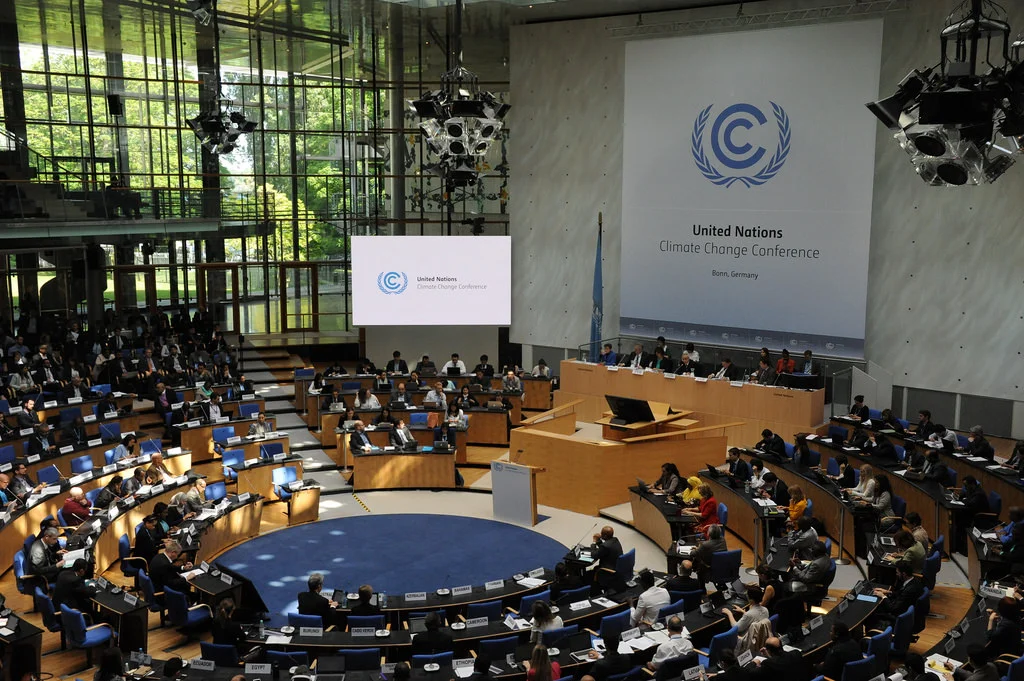Gender-Responsive Climate Finance
Among issues formally linked to adaptation funding, gender has received increased attention from multilateral climate funds, reflecting the growing recognition of gender equality’s importance as one of the UN’s Sustainable Development Goals. We're studying the linkage of gender with climate adaptation to build dialogue is needed between practitioners, scholars, international bodies, and other stakeholders to learn from past experience and identify best practices for incorporating gender considerations into climate adaptation decision-making processes.
ISSUE BRIEF
ISSUE LINKAGE IN THE CLIMATE REGIME: GENDER POLICIES IN CLIMATE FINANCE
REPORT
ISSUE LINKAGE IN THE CLIMATE REGIME: GENDER POLICIES IN CLIMATE FINANCE
At the international policy and institutional level, the goal of gender equality has been increasingly linked with climate change under the assumption that linkage will create important synergies and co-benefits in climate change adaptation and mitigation. We critically examine the linkage of gender and climate to understand why gender mainstreaming is occurring in this field and to what extent the linkage of gender to climate is appropriate and/or useful. We provide a high-level comparison of existing multilateral and bilateral gender policies, and end with open questions and key takeaways as climate funds move from policy to implementation. Although our focus is primarily on the issue linkage of gender equality and climate change, gender is only one of dozens of fields being linked to climate.
ISSUE BRIEF
LINKING GENDER POLICY AND CLIMATE FINANCE
Ahead of COP23 in Bonn, Germany we summarized our ongoing work into linking gender policy with climate finance. The goal of gender equity is increasingly linked to climate change policy under the assumption that this “issue linkage” will produce important synergies and co-benefits. While the logic and practice of the gender-climate linkage has been critiqued, it has become prominent in international climate change institutions. Here we summarize lessons learned from gender mainstreaming in the development sector as well as questions raised by current practices in climate change regarding the advantages, limitations, and best practices for integrating the goals of gender equity and international climate change policy.

